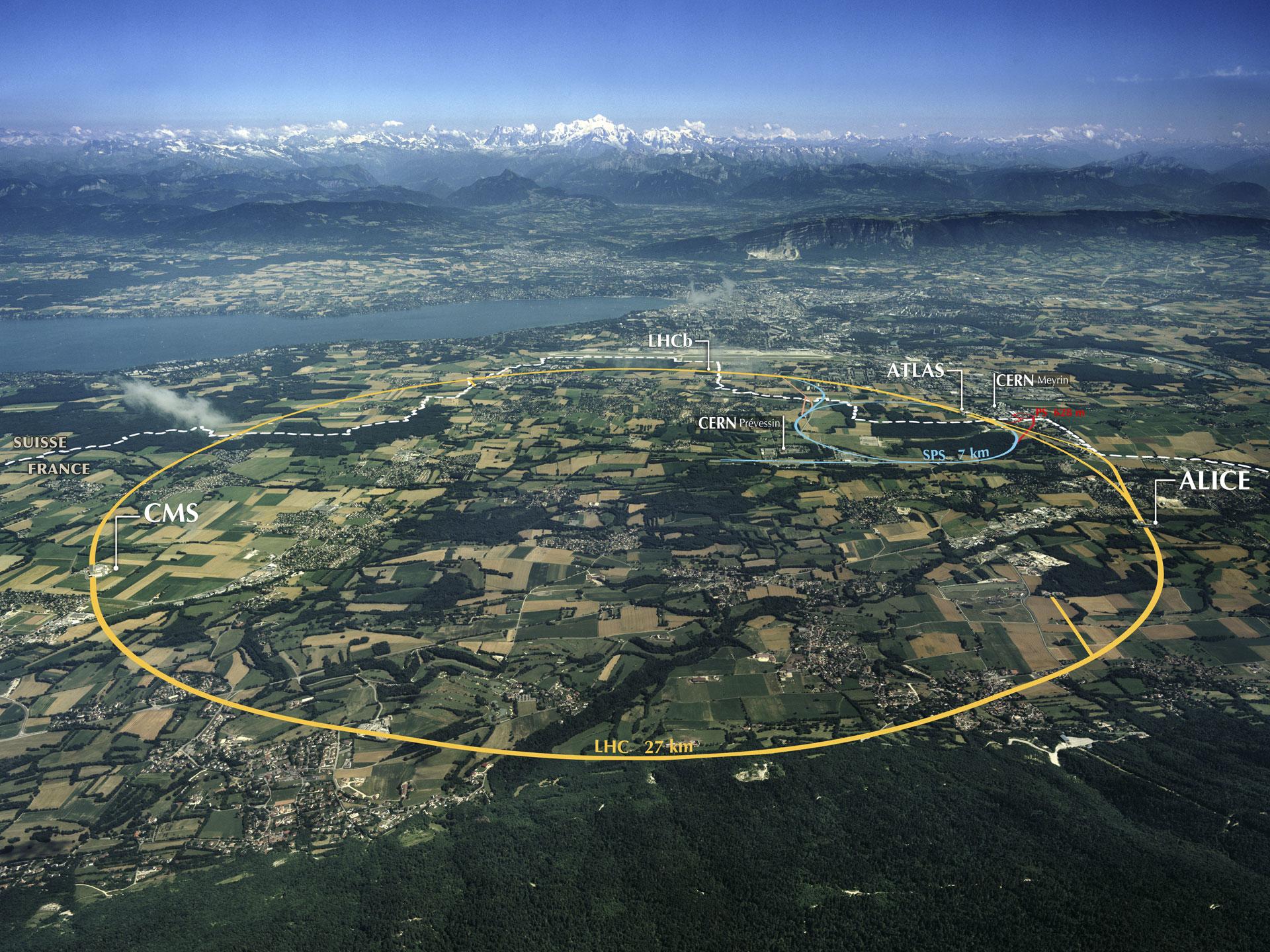 Within INFN, Group 1 deals with experimental elementary particle physics at accelerators. The experimental physics of fundamental interactions aims to investigate and clarify the mechanisms of interaction between subatomic particles called fundamental particles. These mechanisms are of the uttermost importance in understanding the present state of the universe and how it has evolved so far.
Within INFN, Group 1 deals with experimental elementary particle physics at accelerators. The experimental physics of fundamental interactions aims to investigate and clarify the mechanisms of interaction between subatomic particles called fundamental particles. These mechanisms are of the uttermost importance in understanding the present state of the universe and how it has evolved so far.
Some of the questions that we are trying to answer are: what is the origin of mass, why in the known universe there is an excess of matter over antimatter, why the number of families of particles is the known one.
In addition, since several years we believe that the theory describing these interactions, known as the Standard Model, which has found so far unprecedented success in the description of nature (as evidenced by the recent discovery of the Higgs boson and experiments with B -factories on CP violation) should be an approximation of a more complete theory that includes gravitation, and we are therefore looking for signals in this direction.
Currently the most important facility to study the physics of fundamental interactions is the LHC at the European laboratory CERN. It is the collider of protons with the highest energy in the world; after operating for a couple of years at center-of-mass energies of 7 and 8 TeV, it is now operating at 13 TeV.
The diverse and rich physics program of the particle physics group in Genova is trying to answer the above mentioned questions, and many other fundamental ones. In particular, the group is involved in the LHC projects ATLAS, CMS, LHCb, Totem but it is also involved in other international projects like Mu2E at FNAL and MEG at PSI.
